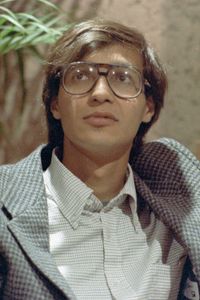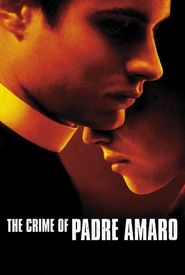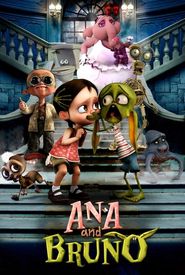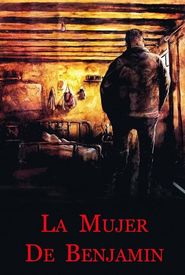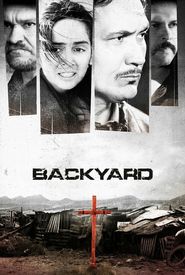Carlos Carrera is widely regarded as one of the most promising young directors to emerge from the new Mexican cinema movement, despite having only a handful of feature films under his belt. His journey in the film industry began at a remarkably young age, when he started working as an animator at just 12 years old. This early start proved to be a catalyst for his future success, as he went on to write, produce, and direct a series of animated shorts that showcased his talent and creativity.
Before transitioning to live-action filmmaking, Carrera worked on a documentary short titled "Vestidito Blanco como la Leche Nido, Un" in 1989. This early venture set the stage for his future projects, and he soon enrolled in the Training Center of Cinematography (Centro de Capacitación Cinematográfica) in Mexico City to hone his skills and gain a deeper understanding of the filmmaking process.
Carrera's first feature-length film, "La Mujer de Benjamín" (1991),was a groundbreaking achievement that earned him widespread recognition and critical acclaim. The film won the Mexican Academy Award for Best Original Screenplay and took home numerous prizes at film festivals around the world. This success was followed by his second feature, "La Vida Conyugal" (1993),which further solidified his reputation as a talented and innovative director.
In 1994, Carrera made a significant departure from his previous work with the animated short "El Héroe," which went on to win the prestigious Golden Palm award at the Cannes Film Festival. This achievement marked a major milestone in Carrera's career, cementing his status as one of the most exciting and accomplished young directors in the industry today.
